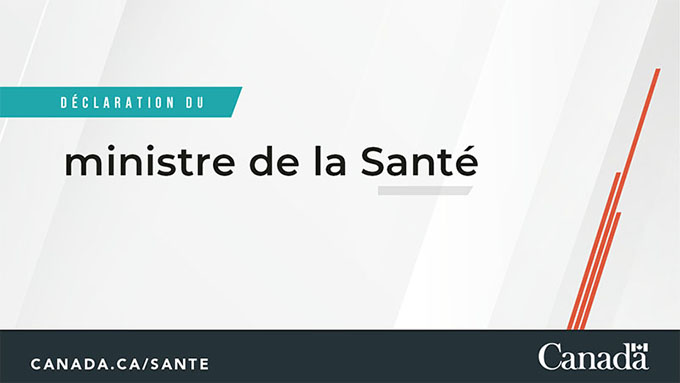Nearly a century after he first appeared on screens, the iconic Mickey Mouse will enter public ownership on Monday, opening the way for potential revivals, adaptations and derivative products, but also for legal battles with Disney.
• Read also: Disney's voice actor says AI can't replace Mickey
• Read also: In 2023: The Disney empire turns 100 years old!
The copyright to “Willie's Steamboat,” the 1928 black-and-white short that introduced the general public to the mouse that became an icon of global popular culture, expires on Jan. 1, after 95 years, under U.S. law.
A deadline known to filmmakers, fans, lawyers, intellectual property specialists, and even Disney Group executives, who have in the past successfully extended the term of this copyright.
“It's a very symbolic and highly anticipated moment,” said Jennifer Jenkins, a public domain specialist at Duke University.
Anyone will now be able to copy, share or edit “Willie's Steamboat” and “Plane Crazy” — another animated short from 1928 — as well as use early versions of the characters appearing there, including Mickey and his companion Minnie.
Thus, artists will have the right to create a “climate change awareness-raising version” of “Willie’s Steamboat,” where the ship drifts on a dry river bed, or even a feminist version where Minnie takes over the bar. “, suggests Jennifer Jenkins.
Which would be reminiscent of the most recent revival of Sherlock Holmes and Winnie the Pooh, whose copyrights recently expired.
“Legal skirmish”
But to do so, creators will have to tread carefully.
In a press release to AFP, the multinational Disney confirmed that it “continues to protect its rights to later versions of Mickey and other works that remain protected by copyright.”
Newer versions of the characters, including those featured in the 1940 animated film “Fantasia,” remain out of the public domain and cannot be copied without Disney’s approval.
“What is in the public domain is this kind of scary little black and white animal,” says Justin Hughes, a law professor at Loyola University.
“Mickey the Mouse, familiar to current generations of Americans, will remain under copyright protection,” he continues, saying he expects “this will lead to legal skirmishes.”
The character appearing in this first cartoon is a stringy and mischievous creature, quite a departure from the current look of the mascot.
Official notices could thus be sent to creators who dare to use newer elements of the character, such as his red pants or white gloves, the researcher speculates.
Furthermore, if copyright expires on January 1, this will not be the case for those protecting the registered trademark.
The first prohibits unauthorized copying of a creative work and expires after a certain period. The latter protects the source of the work from products that might mislead consumers into believing that it comes from the original creator. These rights can be renewed indefinitely.
“handrail”
The Disney Group confirmed that it is “working to put in place safeguards to avoid any confusion among consumers associated with unauthorized uses of Mickey or other famous characters.”
The company also added a scene from “Willie's Steamboat” to the opening of all of its studios' animated films.
“They were very smart at Disney: they realized the best thing to do was turn this iconic scene into a registered trademark,” says Justin Hughes.
Therefore, anyone who uses Mickey's image on the ship's helm for commercial purposes is subject to potential legal action.
Other experts, such as Jennifer Jenkins, are more optimistic about the usability possibilities associated with the public domain.
“Our Supreme Court clearly said that it is not possible to assert trademark rights to circumvent copyright expiration,” she recalls.
However, all experts expect legal battles in the future.
Anyone planning to use a Disney mascot commercially “should exercise caution and get an attorney,” Justin Hughes sums up.

“Amateur entrepreneur. Professional internet expert. Zombie maven. Incurable pop culture scholar.”







More Stories
'Hot Ones Québec' host: Marc-Andre Grondin now knows what to do when he eats very spicy foods
The “Hot Ones” group's first foray into Quebec
Jean-Pierre Ferland was a true king…unlike Charles III!